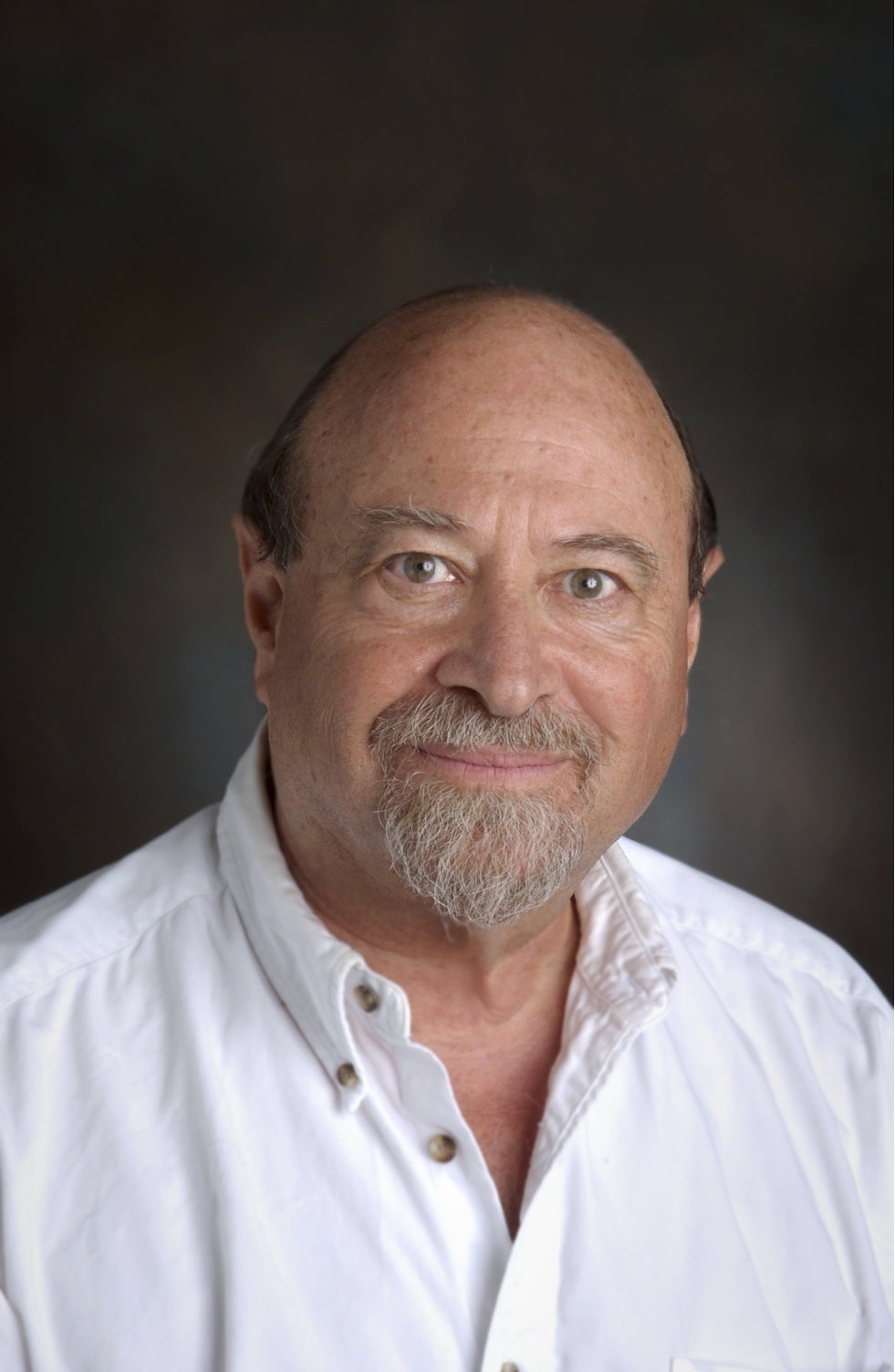
David C. Berliner is Regents’ Professor of Education, Emeritus, at Arizona State University. He has taught at the Universities of Arizona and Massachusetts, Teachers College and Stanford University, and at universities in Canada, Australia, The Netherlands, Denmark, Spain, and Switzerland. He is a member of the National Academy of Education, the International Academy of Education, and a past president of both the American Educational Research Association (AERA) and the Division of Educational Psychology of the American Psychological Association (APA). He is a Fellow of AERA and of the National Education Policy Center. He has won numerous awards for his work on behalf of the education profession and authored or co-authored over 400 articles, chapters and books. Among his best-known works are the six editions of the text Educational Psychology, co-authored with N. L. Gage; The Manufactured Crisis, co-authored with B. J. Biddle; Collateral Damage: How High-stakes Testing Corrupts American Education, co-authored with Sharon Nichols; and 50 Myths and Lies That Threaten America’s Public Schools, co-authored with Gene V. Glass. His interests include the study of teaching, teacher education, and educational policy.
This event is free and open to the public.